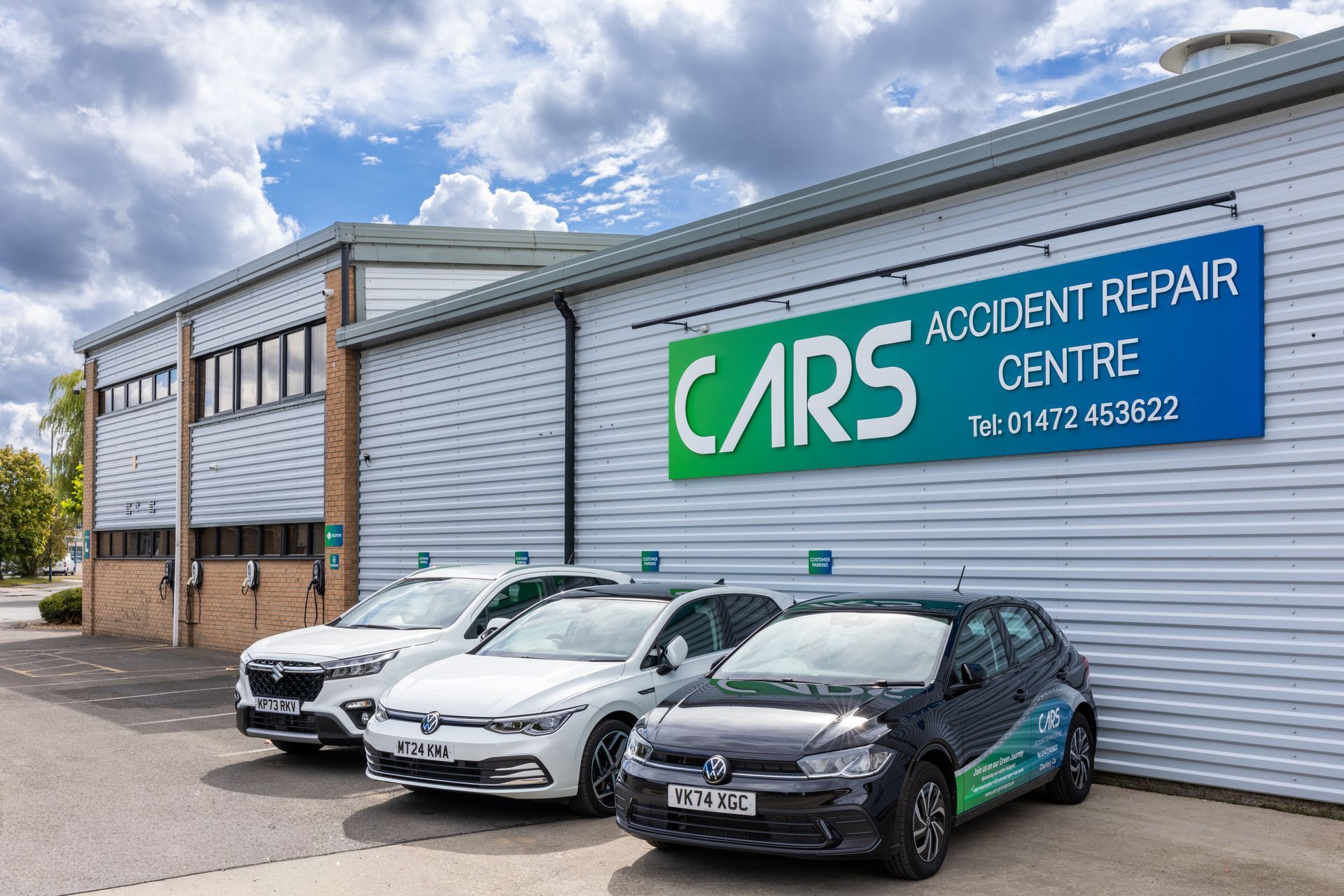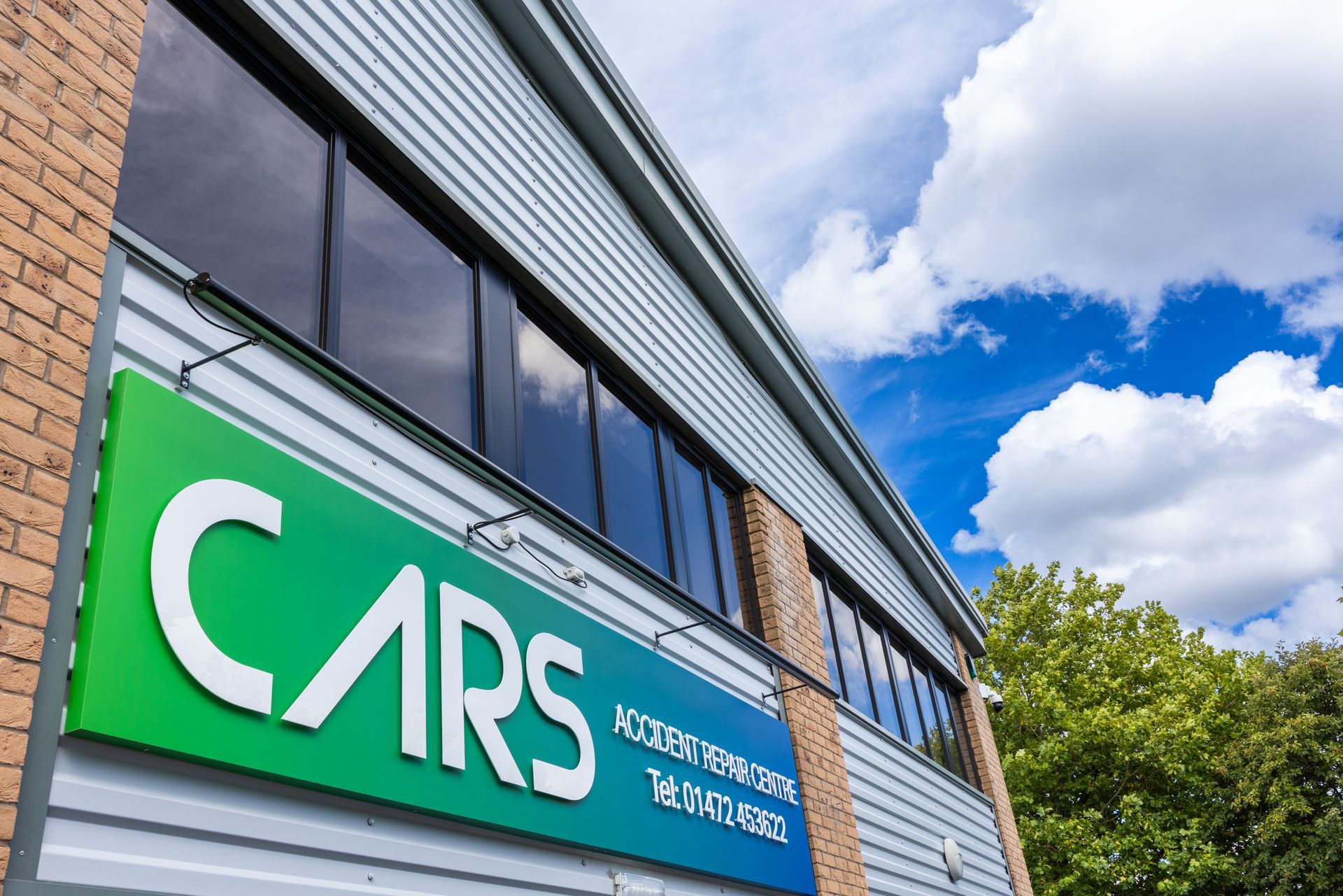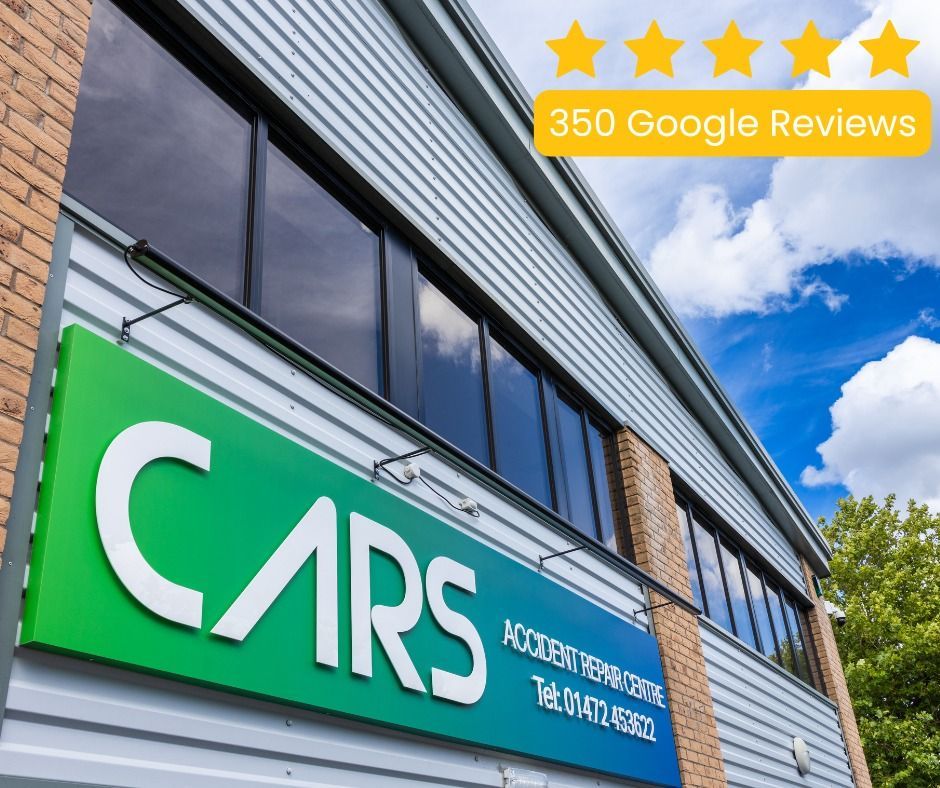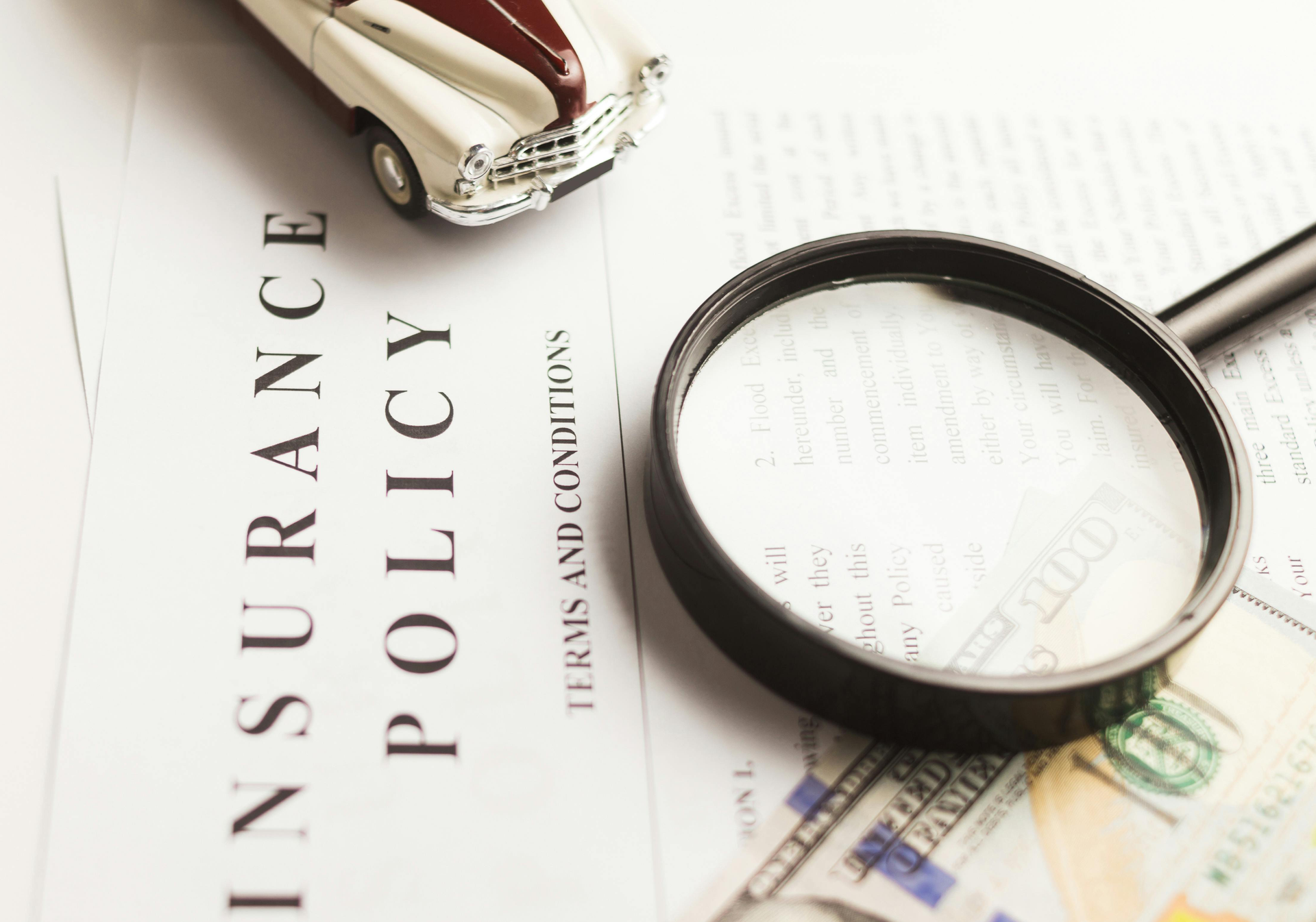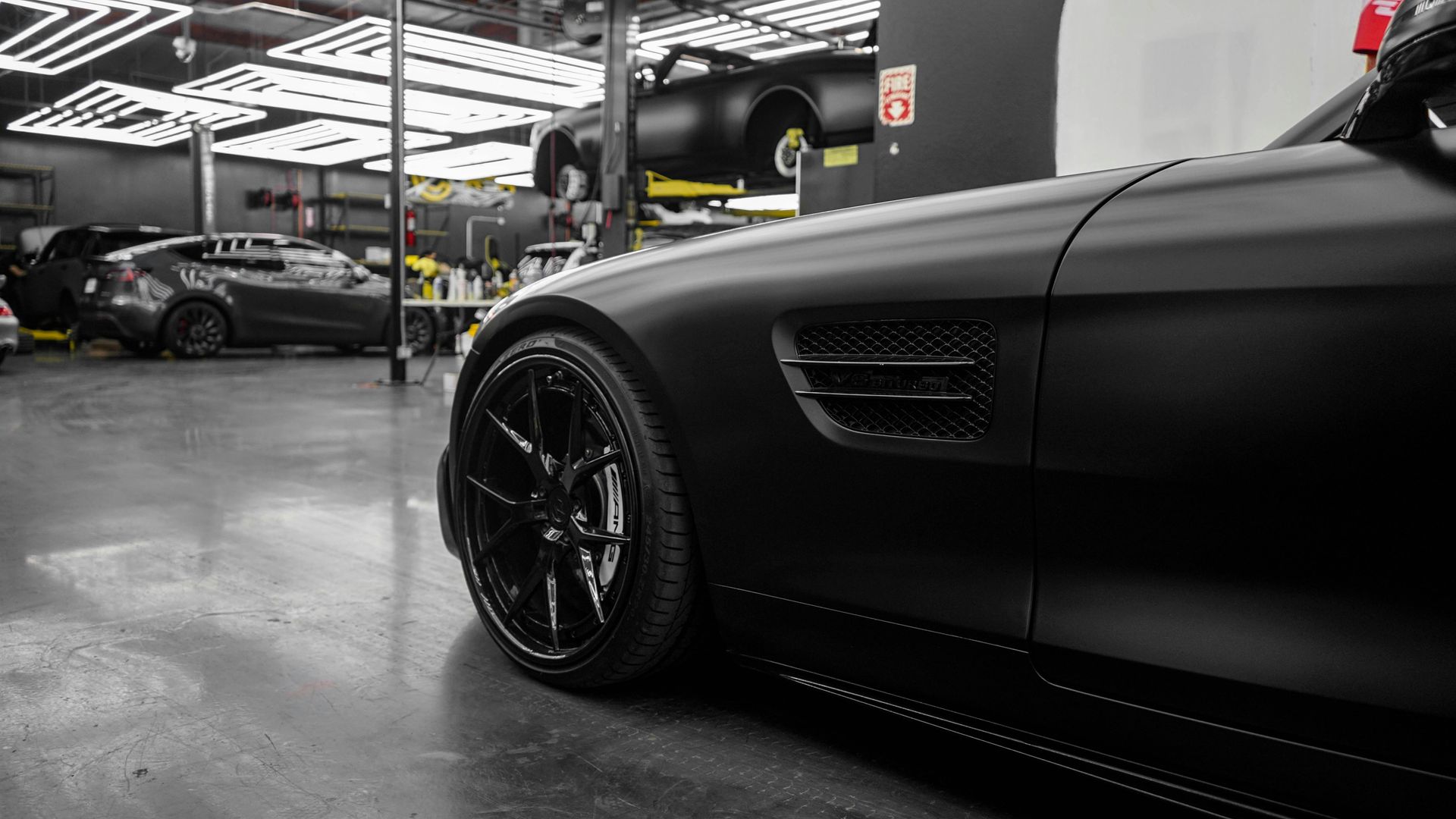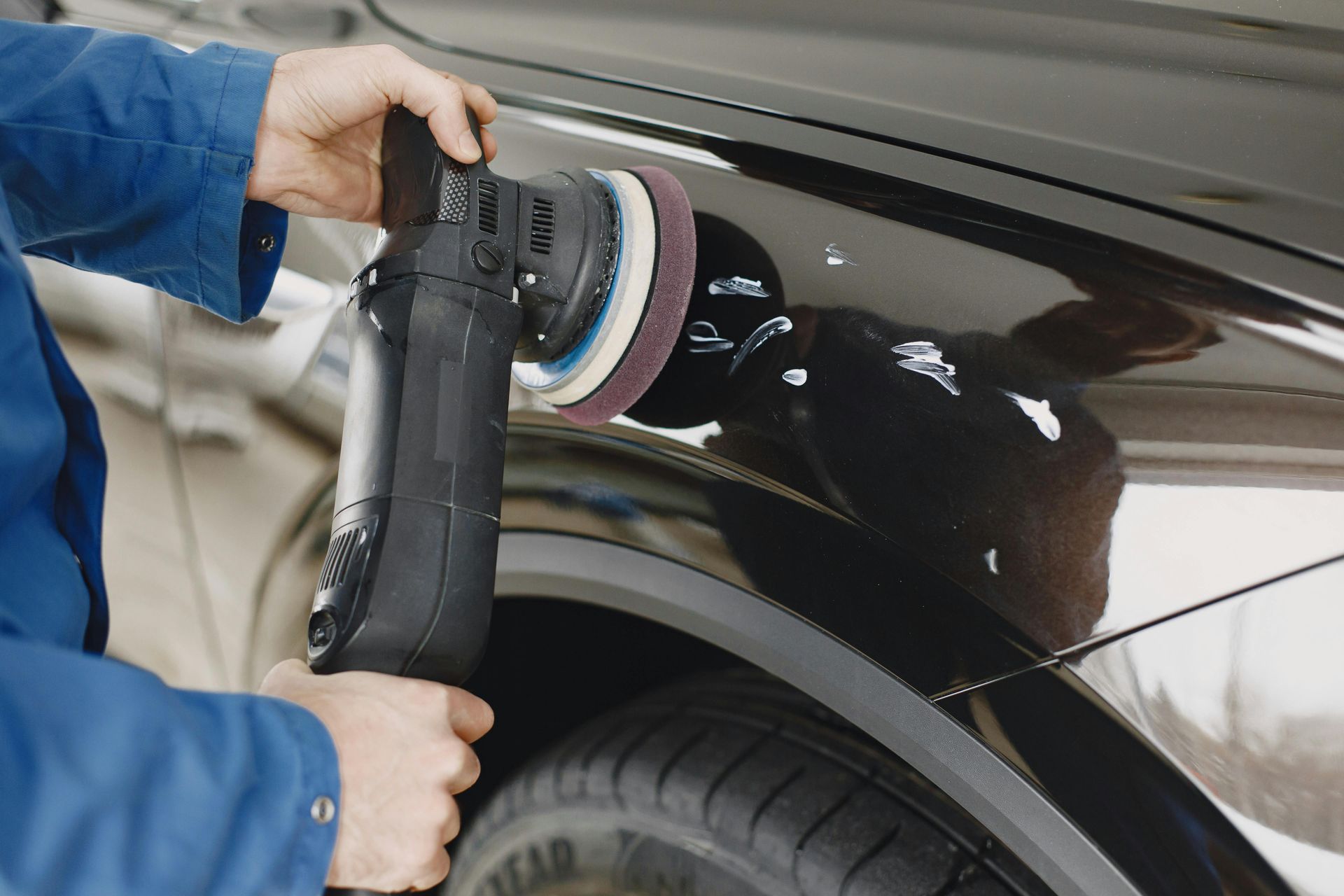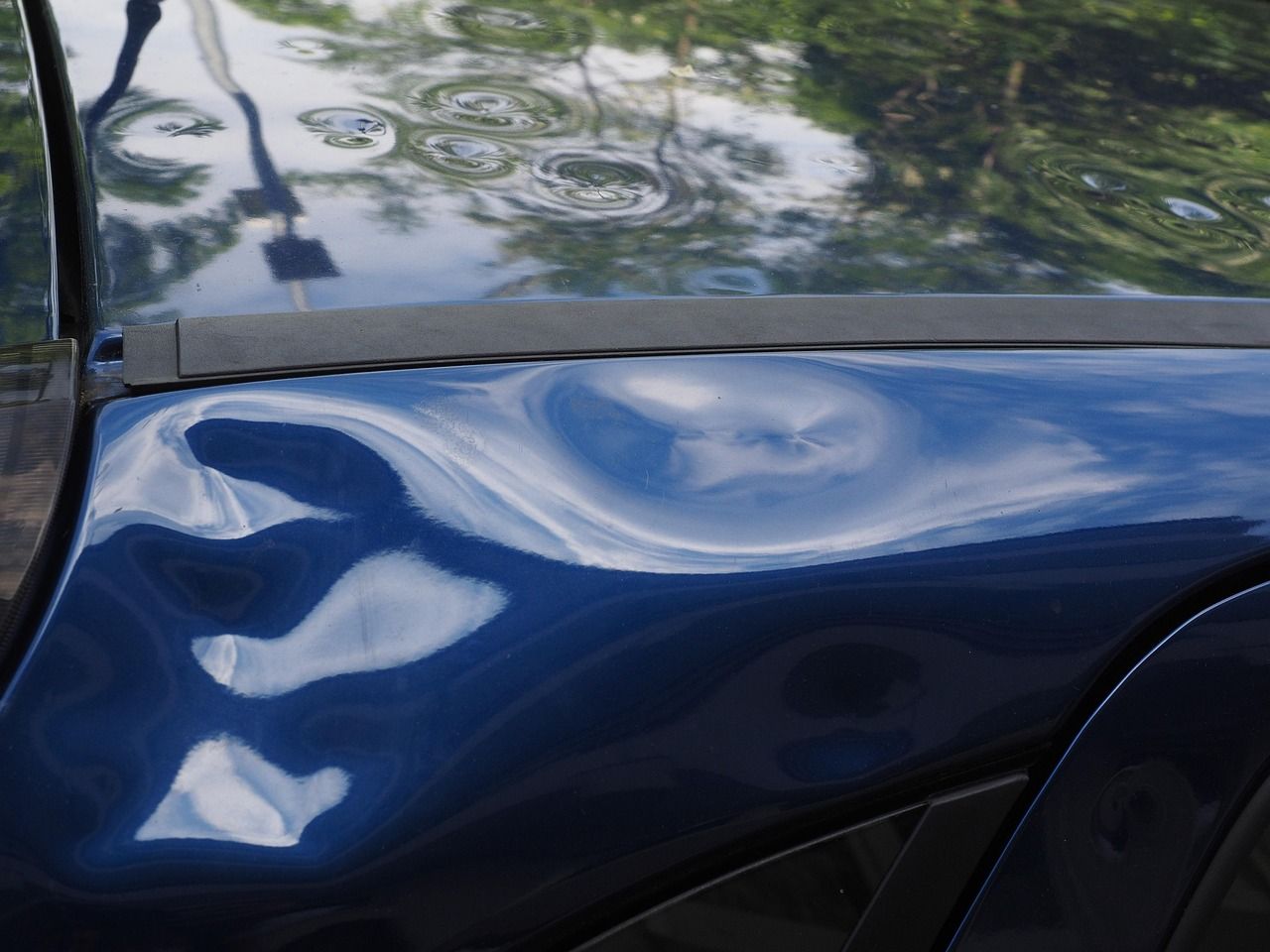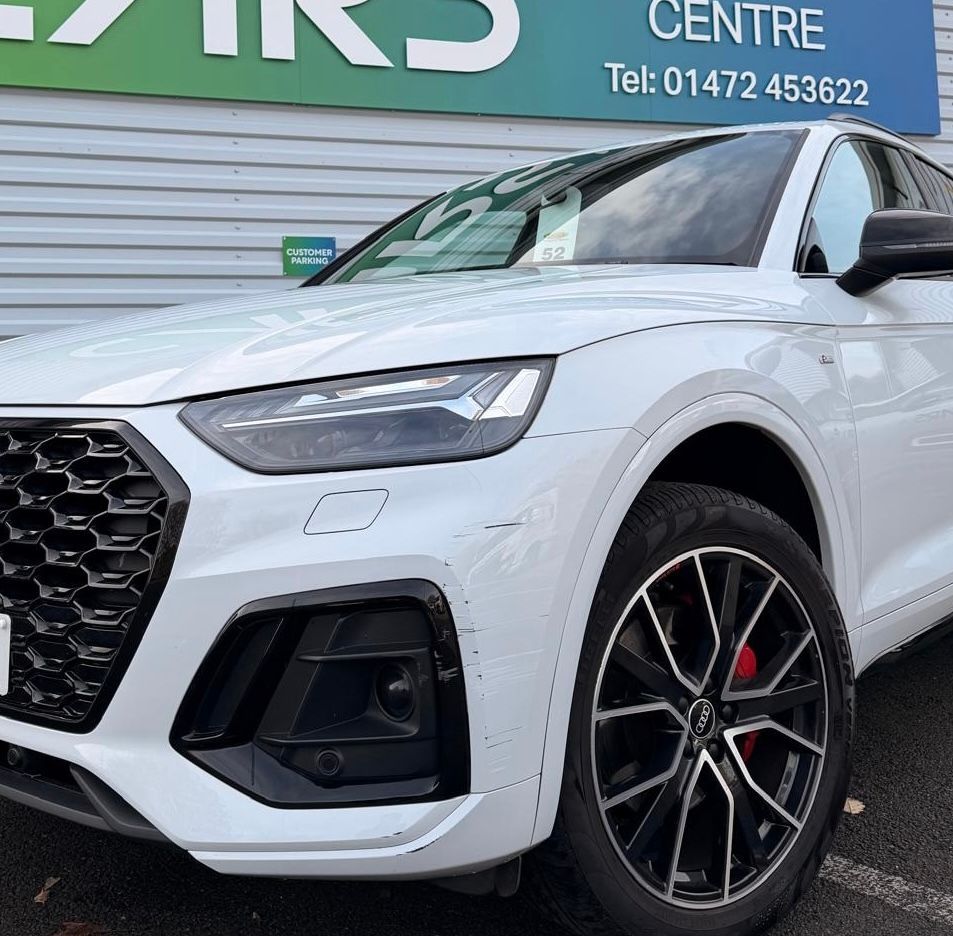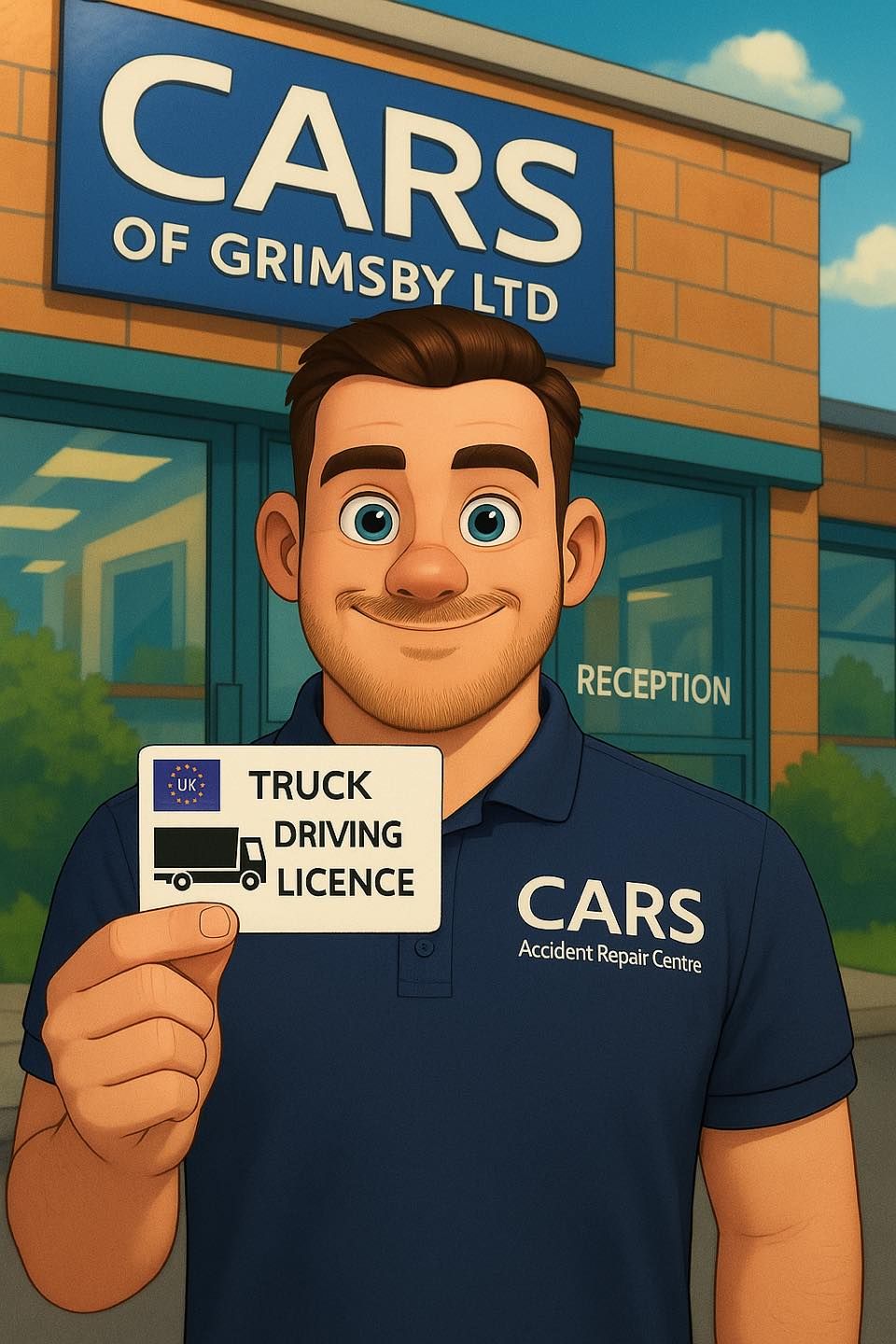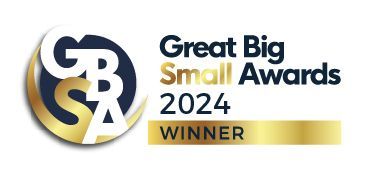What happens if I make a claim on my car insurance?
Please note that subtitles have been auto-generated.
Each vehicle and incident should be analysed on a case-by-case basis. When a damaged vehicle arrives at CARS, we look at the damage and insurance policy information to establish whether it is most cost-effective for our customer to claim on their car insurance or pay for the repairs themselves.
Nonetheless, many remain concerned about claiming on their insurance due to the potential cost implications.
Firstly, a common concern is that of increased premiums. In actuality, the amount that your car insurance premium may increase by is dependent on several factors, such as the type of claim, the severity of the accident and whether the accident was your fault. Your premiums may increase if you make a claim, however, in some instances, this may be far cheaper than paying for the cost of the repairs outright.
Furthermore, when making a claim on your car insurance, your excess may become payable. This is comprised of the compulsory excess, set by the insurance company at outset, and voluntary excess, set by the policyholder at outset. When commencing a car insurance policy, you should make sure that the excess level you select is affordable, as this will have to be paid in the event of a claim. At CARS, we can help you with this to make the overall cost more manageable.
There is also clear question around how making a claim will impact any no-claims discount you may hold. Any protected no-claims discount is unlikely to be affected if you make a claim. Although, it is important to note that several insurance companies have a rule regarding the maximum amount of times you can make a claim before your discount is affected.
Any impact on your standard no-claims discount will depend on what is written into your policy. For example, there are some instances where your discount will not be impacted, such as where your car has been vandalised or where you’ve been involved in an accident that wasn’t your fault. Alternatively, your discount may be reduced or removed, potentially increasing your premiums if you’re at fault.
When making a claim, your insurance company is likely to tell you that you must take your vehicle to one of their approved repairers. This is not true, and you must be aware of your rights to the following information:
- The location of their approved repairers – It is possible that your insurance company may not have any approved repairers local to you and there may also be additional travel or recovery costs associated with getting your vehicle to the garage. You must also consider whether it is safe to drive your car to the repairer. For example, the type of accident and subsequent level of damage may mean that your car is not road-worthy. Furthermore, the approved repairer may not be willing to offer you a courtesy vehicle, potentially leaving you without a way to get back home. We would advise taking your car to a local garage to check whether it is safe to drive to an approver repairer in another location, should you choose to do so. A local garage is likely to be better equipped to give this advice than a claims handler.
- Their customer service and reviews – Before purchasing a product or service, you would usually look at reviews of, say, your top-three choices and pick the best. Insurance companies are unlikely to take this into consideration when agreeing their list of approved repairers. It’s possible that you may receive a better service by taking the vehicle to a local repair centre of your choosing.
- Repair methods – A number of insurance companies grant their approved repairers the use of second-hand or non-genuine parts during a repair. This can alter the safety and performance of your vehicle. Ultimately, your car should be returned to the state at which the manufacturer intended upon originally leaving the factory.
Whilst you don’t have to take your car to an approved repairer, it is important to note that if you choose an alternative, independent repairer, you should ensure that they have the appropriate knowledge and skill to return your vehicle back to its pre-accident condition.
Your insurance company may state that they levy an additional fee for you choosing an alternative repairer, but at CARS, we can also help you with this charge to reduce the overall costs payable.
We will also take over all correspondence with your insurance company, dealing with all estimates they require, so you don’t have to.
